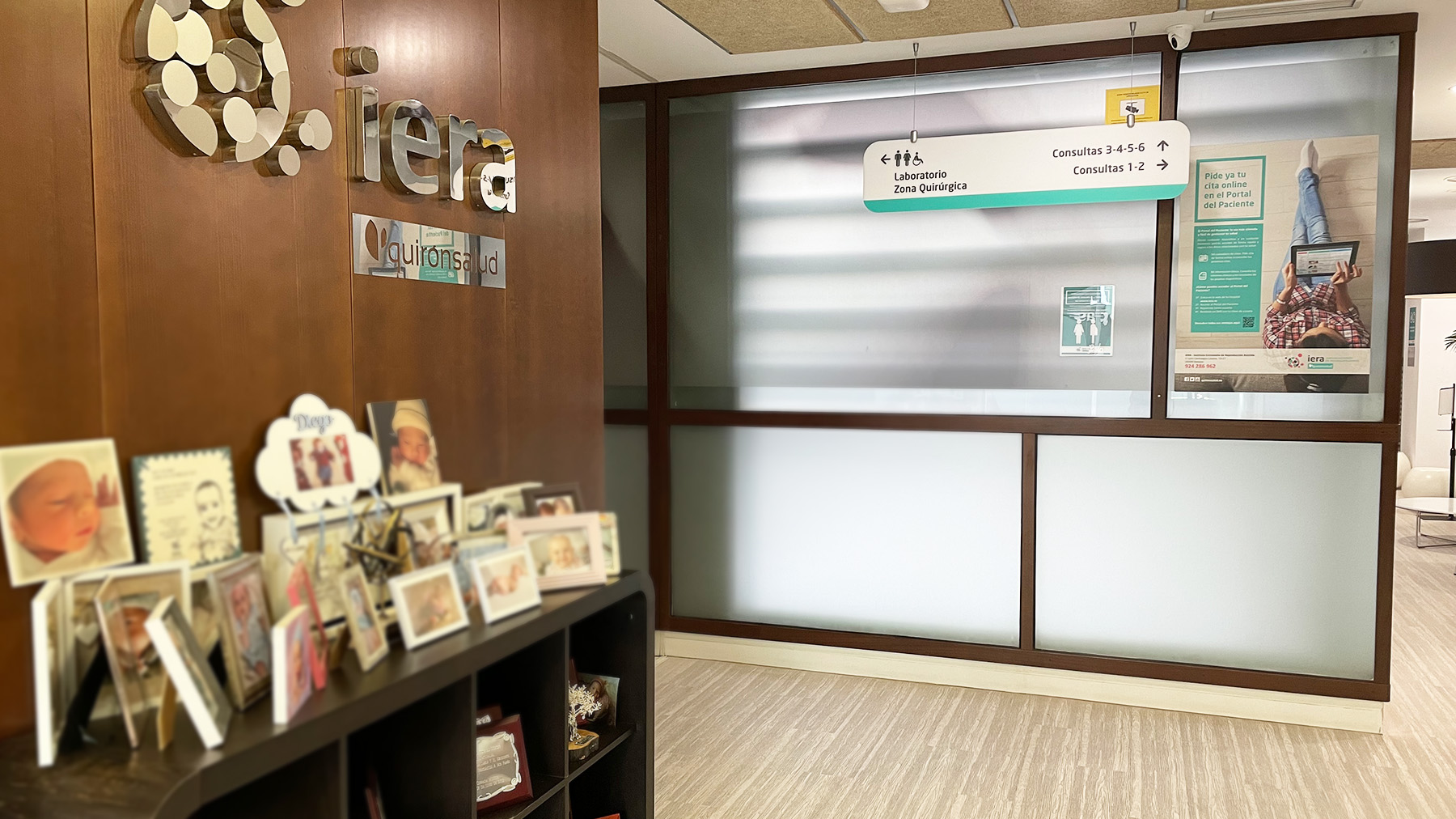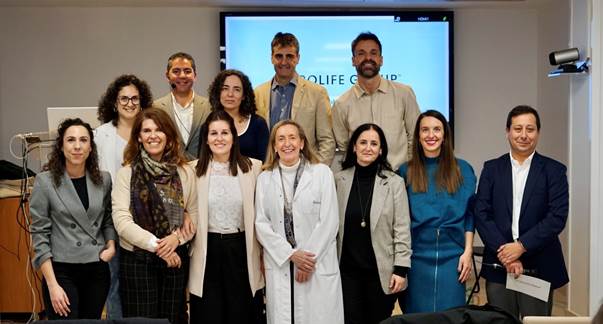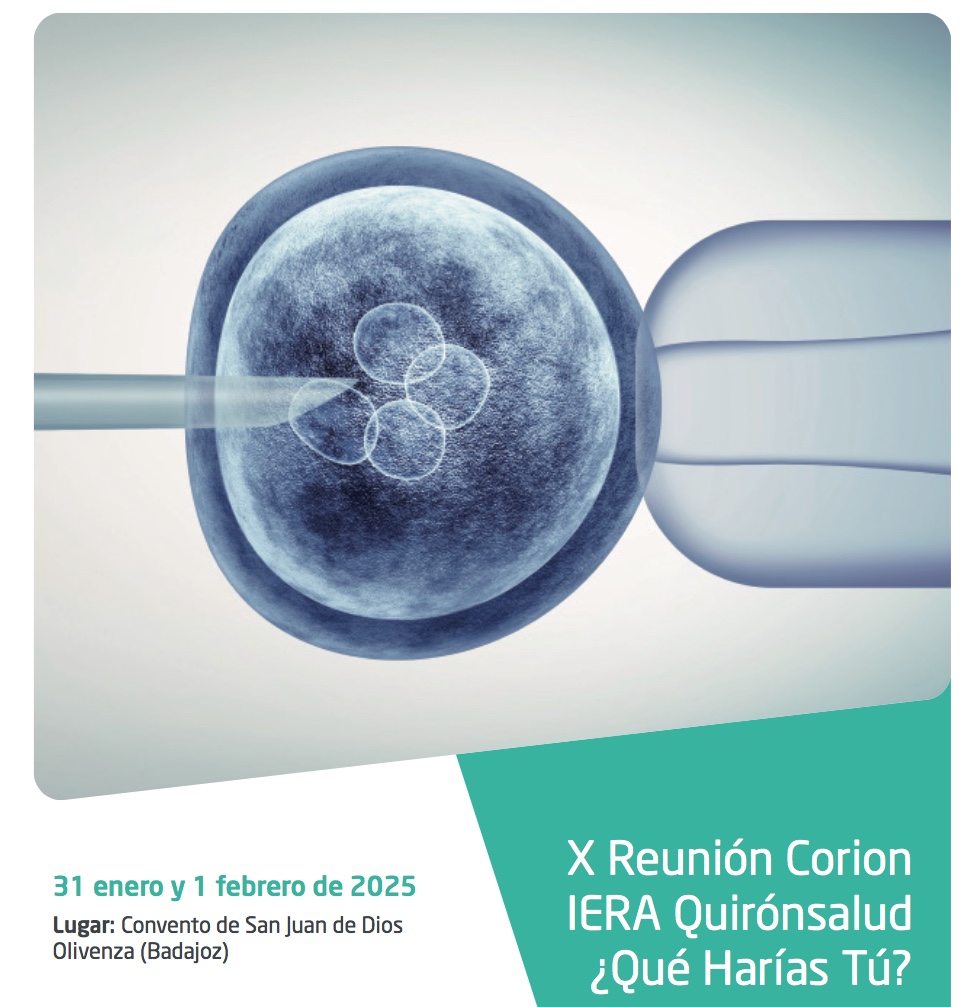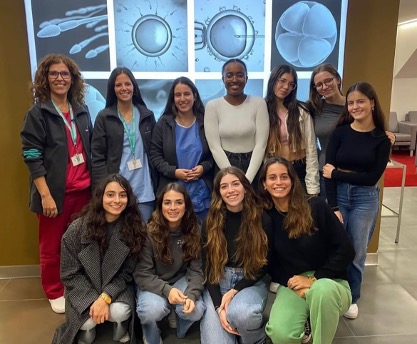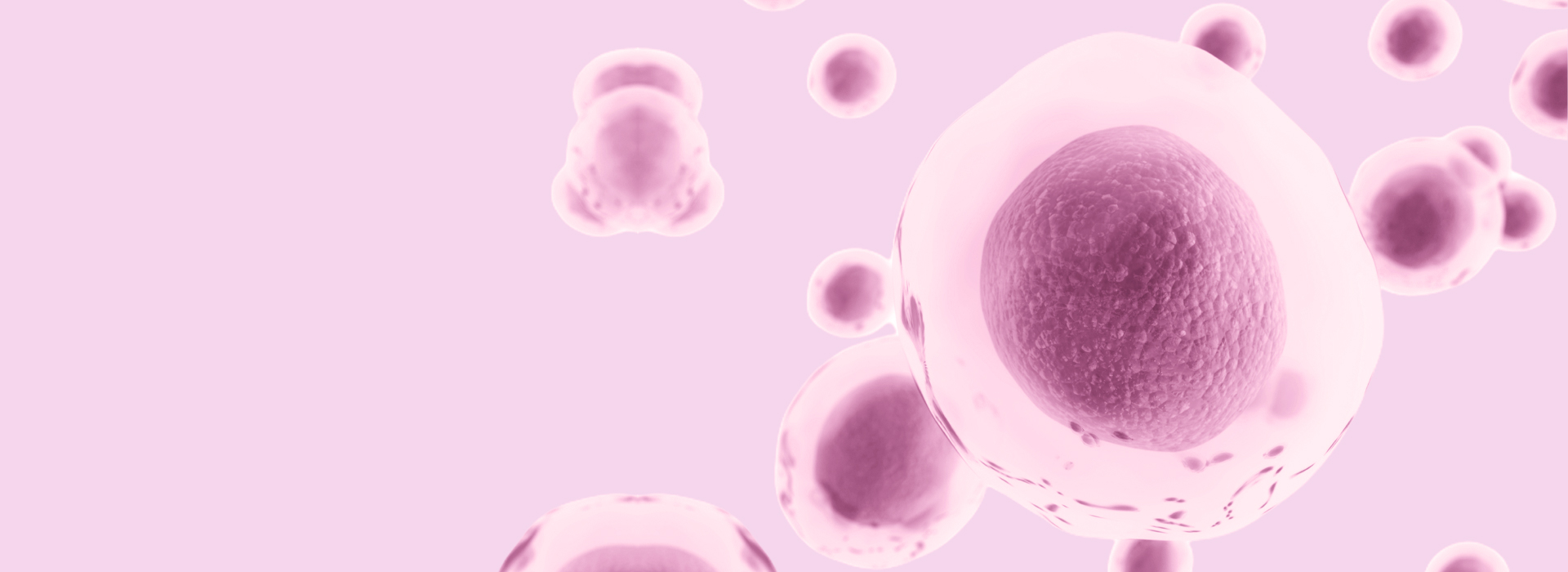
Donate your eggs
Donate your eggs
Become an egg donor
IERA Lisboa has a program of egg donation. We are committed both to carrying out treatments for recipient couples and to collecting eggs from donor women. Below we provide information on the donation process.
Approximately 20% of couples have infertility problems. The ideal age range for having children is between 20 and 30 years old. However, nowadays, and thanks to contraceptive methods, women can decide when they want to have children.
In advanced and developed societies like ours, the project of parenthood is postponed to the detriment of greater professional and personal stability. By postponing pregnancy, the likelihood of pregnancy is reduced by increasing age.
What are eggs?
Eggs or oocytes are the female reproductive cells. Each menstrual cycle a mature egg is released from the ovary through ovulation and can be fertilized by a sperm, giving generating an embryo. Many women can't get pregnant because they don't have viable eggs, either because of their advanced age, their individual profile or because they have suffered a serious illness that has affected them.
Despite the evolution of Reproductive Medicine in recent years, no treatment has yet been developed to prevent egg aging.
Who can donate eggs?
Any woman between the ages of 18 and 34, with a strong motivation to help others and all the necessary requirements to undergo treatment can be an egg donor.
Can women who don't have viable eggs become mothers?
Yes, but they need another woman to donate her eggs. The donated eggs are fertilized in vitro with semen from the recipient couple or donated, if applicable.
After a few days, the embryos obtained through the IVF process are transferred to the recipient woman's uterus.
What steps must be followed to Donate Eggs?
We can summarize the donor's journey in the following steps:
- Interview with the donor in which the procedure is explained in detail. Subsequently, some tests are carried out to rule out the existence of any pathology incompatible with donation, including: a detailed consultation to assess personal medical history, a gynecological study, an ultrasound and blood tests.
- The hormonal treatment is carried out by subcutaneous injections over 10 to 15 days. During this period, the donor will be closely monitored by our nursing team, so that she feels followed at all times.
Rest is recommended on the day of egg collection.
What should the donor know?
- Egg donation is voluntary. The donor does not know the identity of the recipient, neither does she have any right or responsibility over the possible offspring of the recipients.
- By law, egg donation must be a voluntary process of a benevolent nature in which donors receive financial compensation for any inconvenience the whole procedure may cause.
- The treatments carried out for egg donation do not alter subsequent menstrual cycles or diminish the donor's reproductive capacity for a future pregnancy.
- The donor can have up to four donation cycles with at least 3 months between each one.
Portuguese law: Article 22(3) of Law 12/2009 of March 26 and Order No. 3192/2017 published in the Diário da República, 2nd series - No. 75, April 17, 2017.
If you are interested in becoming an egg donor, you can contact us on +351 212 696 338 so that you can be informed of all the details by the Center's specialized team.

